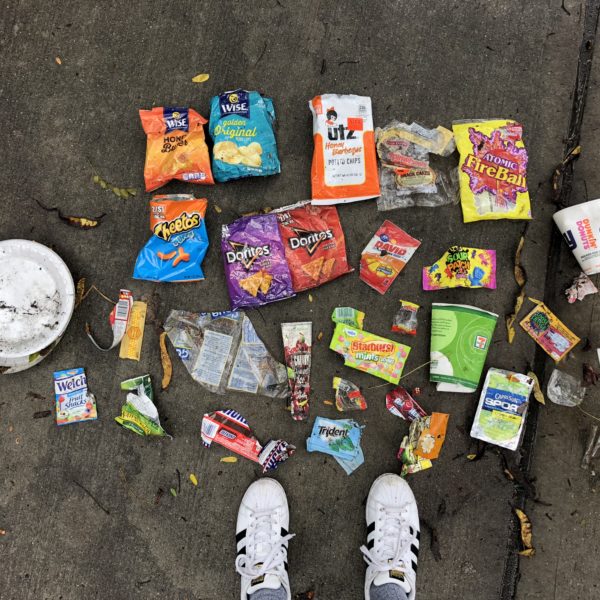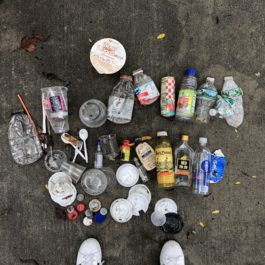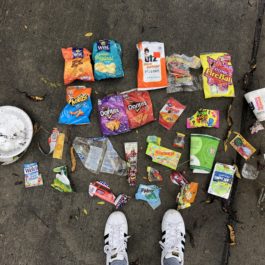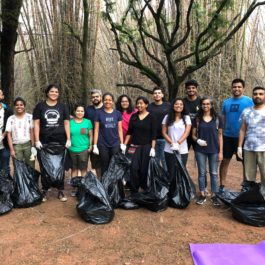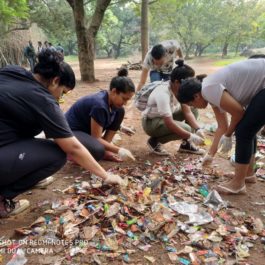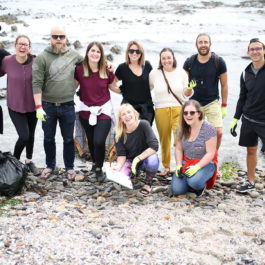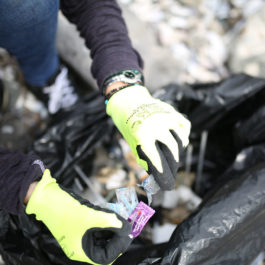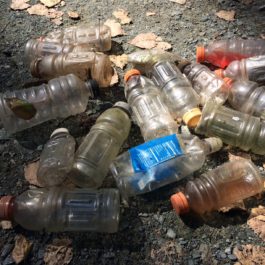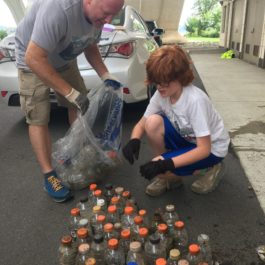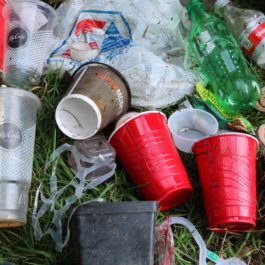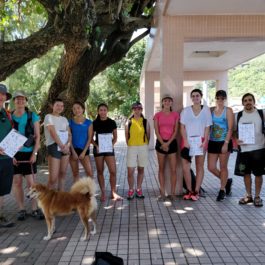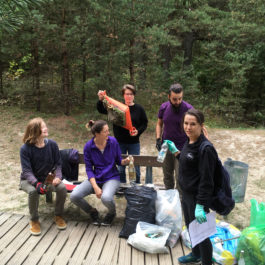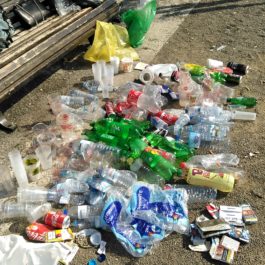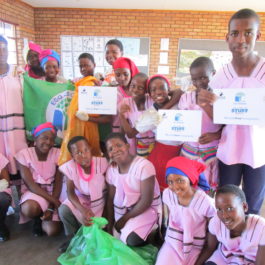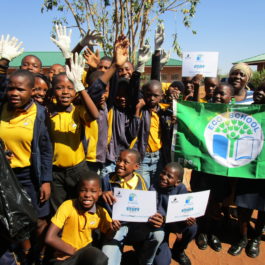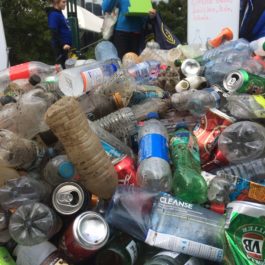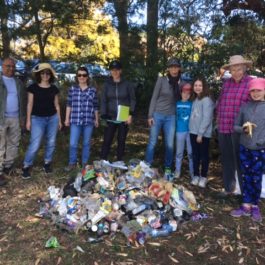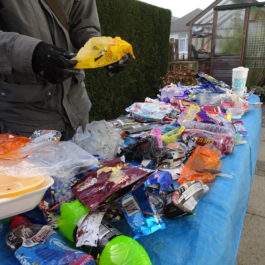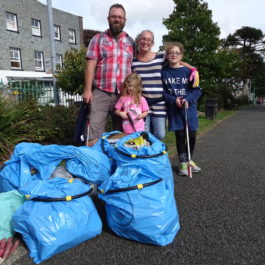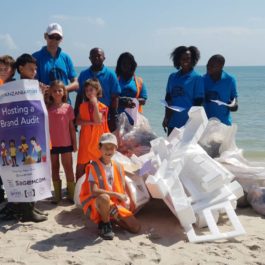What we learned from 100 cleanups around the world – and what comes next
Earlier this month, hundreds of Changemakers from The Story of Stuff Project community gathered at beaches, parks, and other public spaces from Melbourne to Mumbai. Their mission was simple: collect plastic trash in the environment, tally the brands that appeared, and grow the global movement to hold Big Plastic accountable.
What we achieved together
Over the course of the Global Week of Action, members of The Story of Stuff Project community organized over 100 Brand Audit events in 19 countries on 6 continents! Over 300 attendees from our community and participating local organizations worked together to collect plastic waste from their communities. Together, we collected over 30,000 individual pieces of plastic waste! That include over 10,000 cigarette butts, more than 3,000 plastic bottles, and much, much more.
We also made a splash in the media, with coverage of the brand audits reaching hundreds of thousands of readers and viewers. This is an important step in changing the narrative around plastic pollution by pushing back against Big Plastic’s lie that individual litterbugs, not corporations, are solely responsible for plastic trash in the environment.

©richard james – coastodian.org
What we learned
Although a deeper dive into the data is still ongoing – with full results to be released mid-October – we wanted to share a few takeaways from the data we received.
Brand trash is everywhere. It is simply too easy to go to a public place anywhere in the world and start finding plastic litter. It’s no mystery who is responsible for making all this plastic trash – after all, it’s all branded! Around the globe, a few massive multinational corporations are responsible for the majority of the waste that was collected. In the full report coming soon from #breakfreefromplastic, we’ll name names – and we’ll work to hold these companies accountable for their plastic trash.
Single-use, “disposable” plastic is too common. This includes food packaging like chip bags and candy bar wrappers, and “disposable” items like plastic utensils or bags. These items are made to be used just once, then thrown “away.” These brand audits reveal that too often, “away” means into the environment. Much of this waste, like single-layer and multi-layer plastics, simply can’t be recycled. But there was also plenty of recyclable plastic collected – pointing to insufficiencies in recycling systems around the world. In a world where we produce 1 million recyclable plastic bottles each minute, we need to shore up our recycling systems to assure that these materials are recovered.
Cigarette butts are (still) a huge problem. As is typically the case at public cleanups, cigarette butts were the most commonly collected individual item during the brand audits. Most cigarette filters are made from cellulose acetate, a type of plastic. In the environment, they can release polluting chemicals like nicotine and tar. Cigarette manufacturers must be pushed to identify non-plastic filter alternatives and provide more receptacles where smokers congregate.
What’s next
These brand audits took place under the banner of the #breakfreefromplastic movement, and the data we collected has been submitted to the data wizards at movement HQ. This data set has been merged in with data from over a hundred other cleanups coordinated by #breakfreefromplastic member organizations around the world. Collectively, we generated over 13,000 lines of data representing over 150,000 pieces of plastic waste.
In mid-October, #breakfreefromplastic will be releasing a full report into the findings from this data. It will highlight the specific companies whose plastic waste most often ends up in the environment. Together, we’ll push these companies to identify zero waste solutions for their products and packaging and to invest in zero waste solutions for communities around the globe. For too long, corporations have been trashing the planet with plastic, leaving us to clean up the mess while they pocket the profits. Together, we’re poised to change that story.
If you don’t already receive emails from The Story of Stuff Project, click here to join our email list and stay in the loop about our work!
More Photos
- Brooklyn, NY, USA
- Brooklyn, NY, USA
- Benglaru, India
- Benglaru, India
- Cape Town, South Africa
- Cape Town, South Africa
- Castleton-On-Hudson, NY, USA
- Washington, D.C., USA
- Duluth, MI, USA
- Busan, South Korea
- Jurmala, Latvia
- Lisbon, Portugal
- Makgari Primary School, South Africa
- Mama Primary School, South AFrica
- Pennant Hills, Australia
- Saltash, UK
- Saltash, UK
- Dar es Salaam, Tanzania
